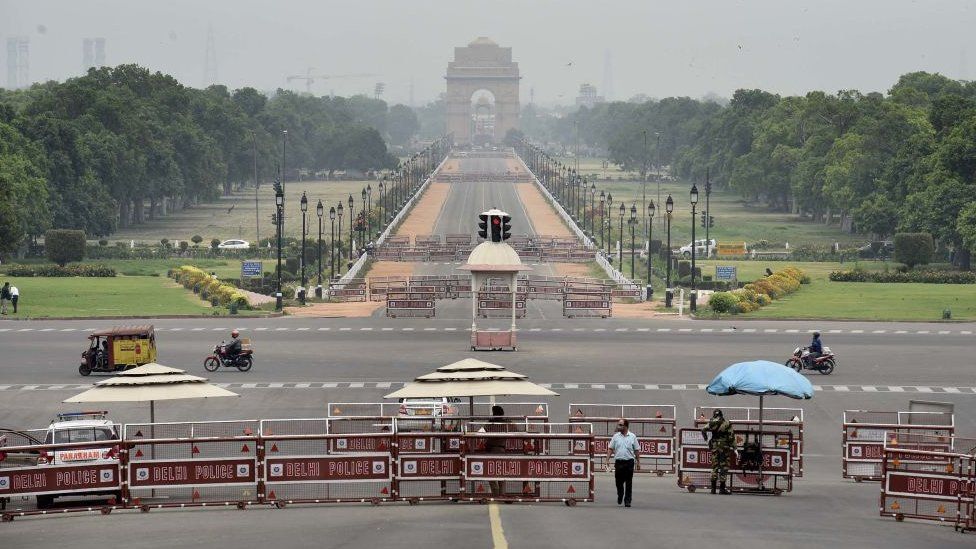COVID-19
August 16, 2020
Prof. S. Ramkumar
COVID-19 : through the Science of Chance
(The COVID 19 pandemic is turning out to be a book mark of human history in this planet: the pre and post COVID 19 periods. Its rewriting the norms of life with only one concern : safety first. Lots of people dedicatedly devote in a moment-to-moment effort to contain and treat this disease. This writing is adding a different perspective to the present seen through the science of Chance)
The present COVID-19 situation raises challenges in every aspect of life- at different levels – primarily the concern of health (precautions and control of disease), which bears explicit and implicit effects on family, workplace, education, business, society and so on. Confinements of work-from-home, and moving out of home, only for essential purposes with social distancing are key in breaking the chain.

The New Scientist in 2015 published a book titled ‘Chance’ (the science and secrets of luck, randomness and probability) edited by Michael Brooks. The certain (and uncertain) paths that follow during the pandemic raises some interesting points discussed in ‘Chance’.
We tick through the present time – of unlearning and relearning; of innovating, experimenting, reflecting and sharing (at home, work and in society). We are getting transformed to become more enduring, perseverant and attempt to keep stability of emotions. Life moves on – not though in the same pattern in our planet prior to COVID-19 pandemic.
The thought that always runs in our mind are many like ‘Am I going to get infected; are any of my family, friends, colleagues or other fellow human beings going to be infected; how best can I prevent this’? The thoughts make us move through various feelings.
All these tend to lead us to think on different perspectives but primarily built on the word ’Chance’. What are the chances of all the above in the pandemic situation.
The section on “Biology’s Casino”–Chance in the Natural World, in the Book “Chance” provides a guidance of thought on this.
“Biological luck didn’t just get us where we are today. It also shapes where the natural world will be tomorrow. Survival of the fittest can be determined by an ability to generate randomness – may be to evade a predator, or to predict how a pathogen might evolve. Without the flexibility that random mutations provide, life might not survive Earth’s future challenges”.
(Chance: 2015, p163)
“Many biologists, most notably Richard Dawkins, therefore insist that although mutations may be random, evolution is not. This insistence might make sense when explaining evolution to people who have not grasped the basic concept. But there is an element of chance in evolution, even when natural selection is firmly in the driving seat.
Take the evolution of flu viruses. We can predict with confidence that, over the next few years, the structure of a viral surface protein called haemagglutinin will evolve so that the human immune system can no longer recognise and attack it. What’s more, we can be fairly sure that the mutations that allow new strains of flu to evade the immune system will happen at one of seven critical sites in the gene coding for haemagglutinin, according to Trevor Bedford, an evolutionary biologist at Fred Hutchinson Cancer Research Center in Seattle. In this sense, the evolution of flu is non-random and predictable.
But it’s a matter of chance which of those seven sites mutate, and how. Predicting the course of flu’s evolution is almost impossible more than a year or two in advance, says Bedford. This is why flu vaccine makers do not always get right, and why flu vaccines are sometimes largely ineffective. “
(Chance: 2015, p163)
The science of Chance makes us try to understand the reality in a wider platform of life, so as to cope with probabilities of life. “Louis Pasteur’s contention that ‘Chance favours only the prepared mind’, is one to take seriously, as it turns out”. “…. Instead, it must fall into line with probability theory, which describes the behaviour of infinite randomness in finite world”.
Does the Science of ‘Chance’ bring us any solace in this pandemic situation? As mentioned earlier it introduces us to the perspective of viewing the pandemic within randomness and possibilities. The ‘Chance’ today for any person is dependent on appropriate wearing of mask, social distancing, Sanitizer/soap cleaning, early detection and treatment, and possibly the most awaited early arrival of an effective vaccine.
Scoping of chance to reduce the spread is key in writing the history for the future.